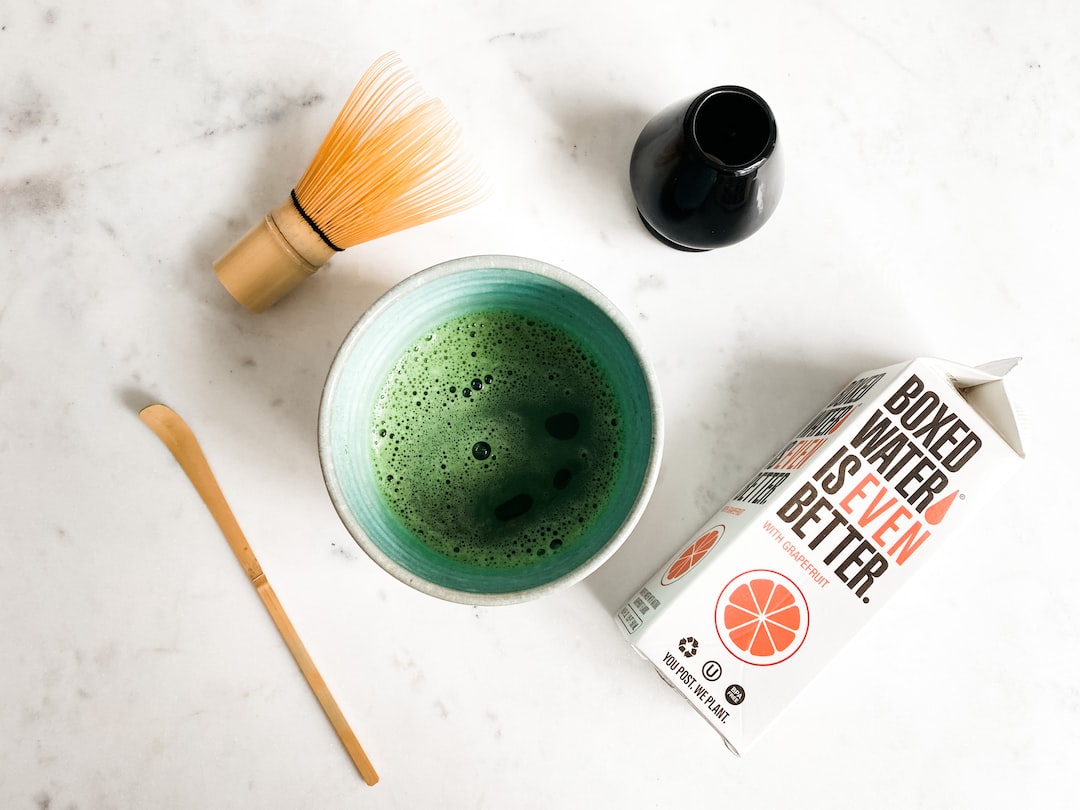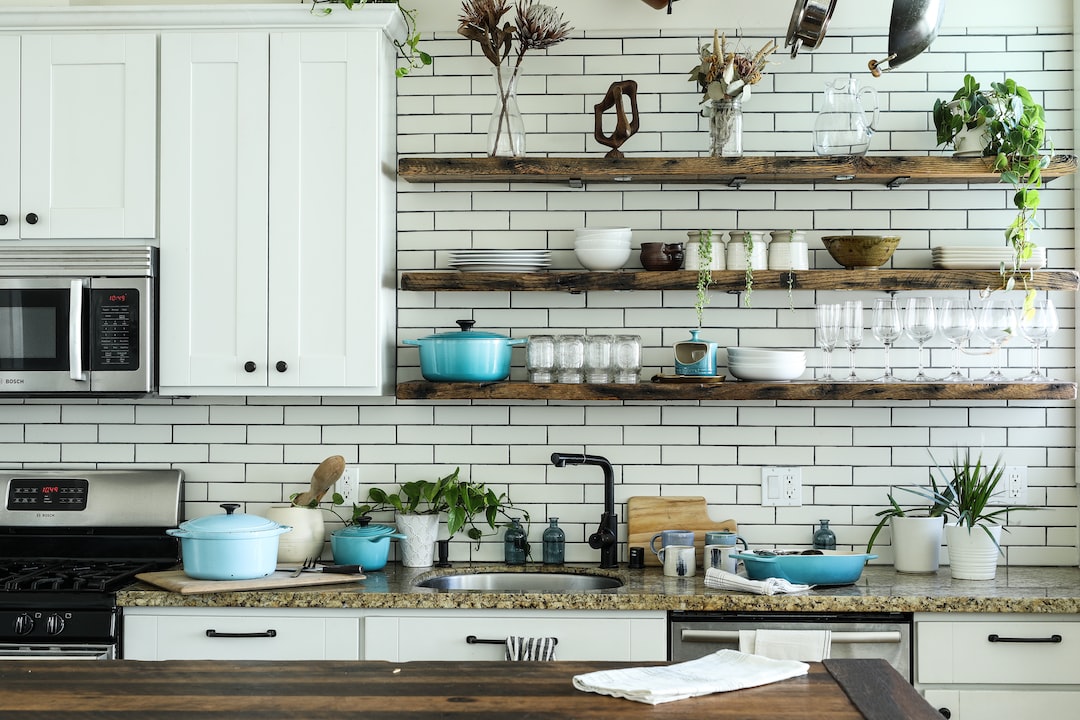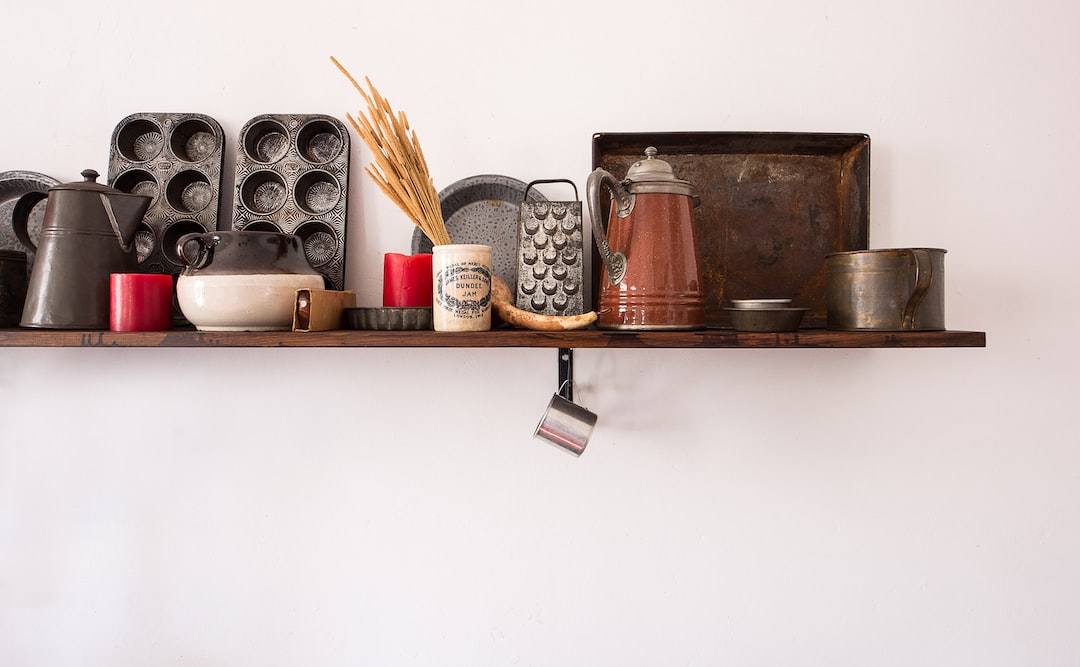Ladle of Contents
Key Takeaways
– When choosing cooking utensils for stainless steel cookware, consider factors such as sustainability, ease of cleaning, heat resistance, and potential for scratching the cookware.
– Bamboo utensils are a sustainable option but require hand washing and occasional oiling.
– Wooden utensils are classic and environmentally friendly but stain easily and need regular oiling.
– Silicone utensils are affordable, heat resistant, and flexible, but some may contain fillers that reduce durability.
– Metal utensils are heavy duty and easy to clean but can cause superficial scratches on stainless steel cookware.
Bamboo Utensils: Sustainable and Eco-Friendly
Bamboo utensils have gained popularity in recent years due to their sustainability and eco-friendly nature. Bamboo is a fast-growing grass that requires minimal resources to grow, making it an environmentally friendly choice. These utensils are lightweight, durable, and have a natural resistance to bacteria.
However, it is important to note that bamboo utensils require special care. They should be hand washed to prevent damage and should not be soaked in water for extended periods. Additionally, bamboo utensils need occasional oiling to maintain their longevity and prevent cracking.
Wooden Utensils: Classic and Environmentally Friendly
Wooden utensils have been used in kitchens for centuries and are known for their classic appeal. They are also an environmentally friendly option as they are made from renewable resources. Wooden utensils are gentle on stainless steel cookware, reducing the risk of scratching.
However, wooden utensils have their drawbacks. They are prone to staining, especially when used with strongly colored ingredients. Regular oiling is necessary to prevent drying and cracking. It is also important to note that wooden utensils should not be soaked in water or placed in the dishwasher, as this can cause warping and damage.
Silicone Utensils: Affordable and Heat Resistant
Silicone utensils have gained popularity in recent years due to their affordability, heat resistance, and flexibility. They are available in a wide range of colors and designs, making them a popular choice for many home cooks. Silicone utensils are heat resistant, making them suitable for use with stainless steel cookware.
However, it is important to be cautious when choosing silicone utensils. Some lower-quality options may contain fillers that reduce their durability and heat resistance. It is recommended to choose utensils made from 100% food-grade silicone to ensure safety and longevity.
Metal Utensils: Heavy Duty and Easy to Clean
Metal utensils, such as stainless steel or aluminum, are known for their durability and ease of cleaning. They are heavy-duty and can withstand high temperatures, making them suitable for use with stainless steel cookware. Metal utensils are also dishwasher safe, making cleanup a breeze.
However, it is important to note that metal utensils can cause superficial scratches on stainless steel cookware. While these scratches do not affect the performance of the cookware, they can be unsightly. To minimize scratching, it is recommended to use metal utensils with care and avoid using excessive force.
Considerations for Choosing the Best Cooking Utensils for Stainless Steel Cookware
When choosing the best cooking utensils for stainless steel cookware, it is important to consider several factors. Sustainability, ease of cleaning, heat resistance, and potential for scratching the cookware are all important considerations.
Bamboo utensils are a sustainable option but require special care and occasional oiling. Wooden utensils are classic and environmentally friendly but stain easily and need regular oiling. Silicone utensils are affordable, heat resistant, and flexible, but it is important to choose high-quality options. Metal utensils are heavy duty and easy to clean but can cause superficial scratches on stainless steel cookware.
Conclusion:
the best cooking utensils for stainless steel cookware depend on personal preferences and priorities. Each type of utensil has its advantages and considerations. By considering factors such as sustainability, ease of cleaning, heat resistance, and potential for scratching, individuals can choose the utensils that best suit their needs and preferences.








